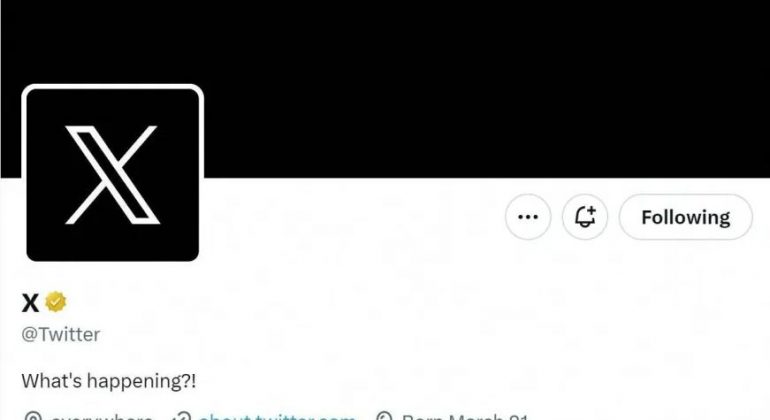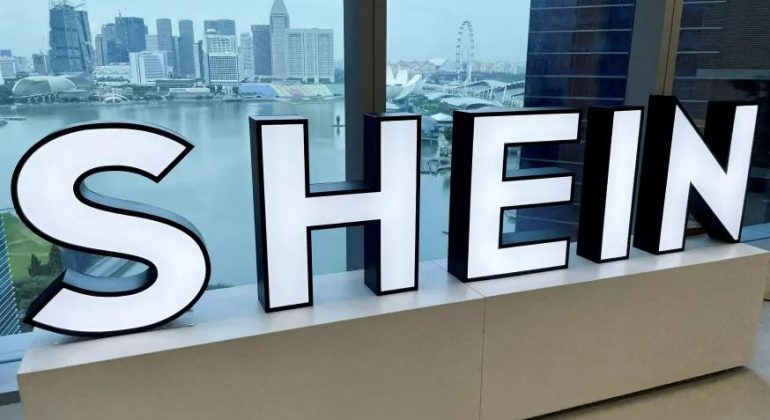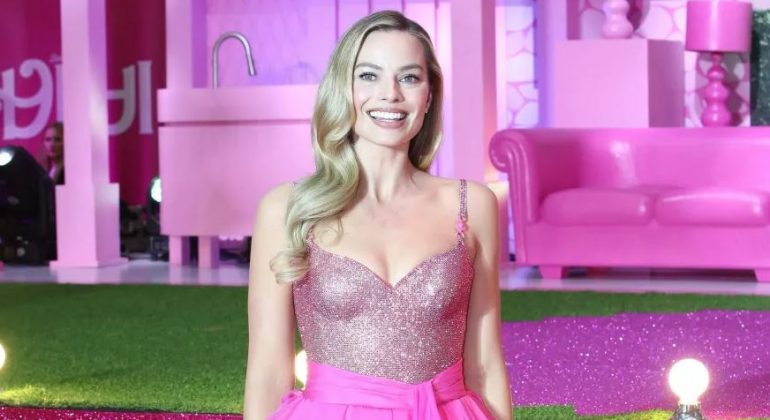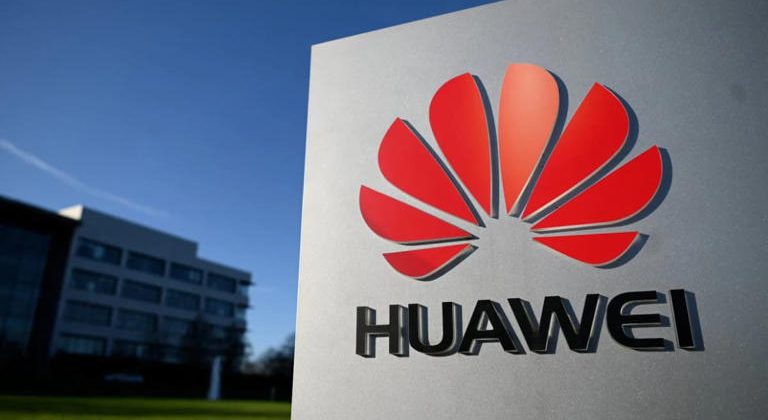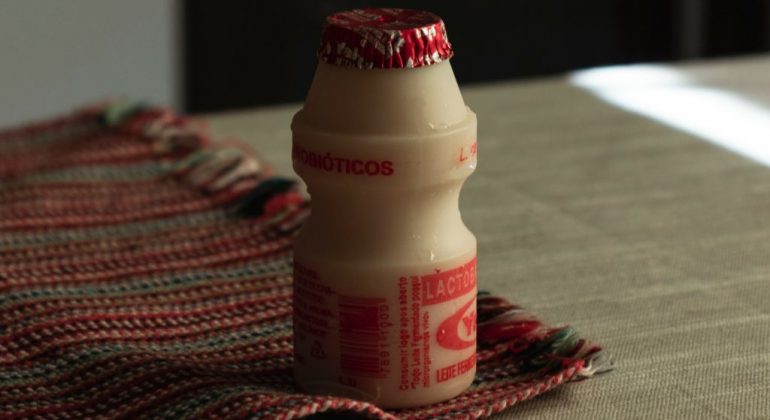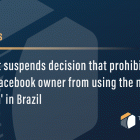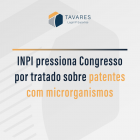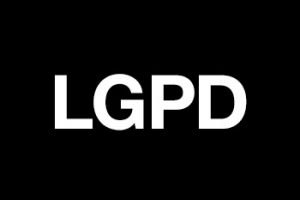Meta and Microsoft already have registration of the brand X was chosen as the new name of Twitter
Clique aqui para ler esta notícia em português.
Billionaire Elon Musk’s decision to rebrand Twitter as X could be complicated from a legal point of view: companies like Meta and Microsoft already have intellectual property rights over the same letter.
X is so widely used and referenced in trademarks that it is a candidate for legal challenges, and the company, formerly known as Twitter, could face problems defending its X brand in the future.
“There’s a 100% chance that someone over this will sue Twitter,” said trademark attorney Josh Gerben. He counted nearly 900 active U.S. trademark registrations covering the letter X in various sectors.
Musk renamed Twitter “X” on Monday and unveiled a new logo for the social media platform, a stylized black and white version of the letter.
Owners of trademarks – which protect items such as brand names, logos, and slogans that identify product sources – can claim infringement if another mark causes consumer confusion. Remedial measures range from monetary damages to blocking use.
Since 2003, Microsoft has owned an X trademark for communications about its Xbox video game. Meta — whose Threads platform is a new rival to Twitter — has a U.S. trademark registered in 2019 that encompasses a blue and white letter “X” for fields that include software and social media.
Gerben said that Meta and Microsoft likely won’t sue unless they feel threatened by Twitter’s X invading the brand equity they’ve built with the letter.
The three companies did not respond to requests for comment.
Meta itself faced intellectual property challenges when it changed its name from Facebook. It faces trademark lawsuits filed last year by investment firm Metacapital and virtual reality firm MetaX and has settled another lawsuit over its new infinity logo.
And if Musk changes the name, others can still claim the “X” for themselves.
“Given the difficulty of protecting a single letter, especially one as commercially popular as ‘X,’ Twitter’s protection will likely be limited to graphics very similar to its X logo,” said Douglas Masters, trademark attorney at Loeb & Loeb.
“The logo is not distinctive, so that protection will be minimal.”
Source: CNN

